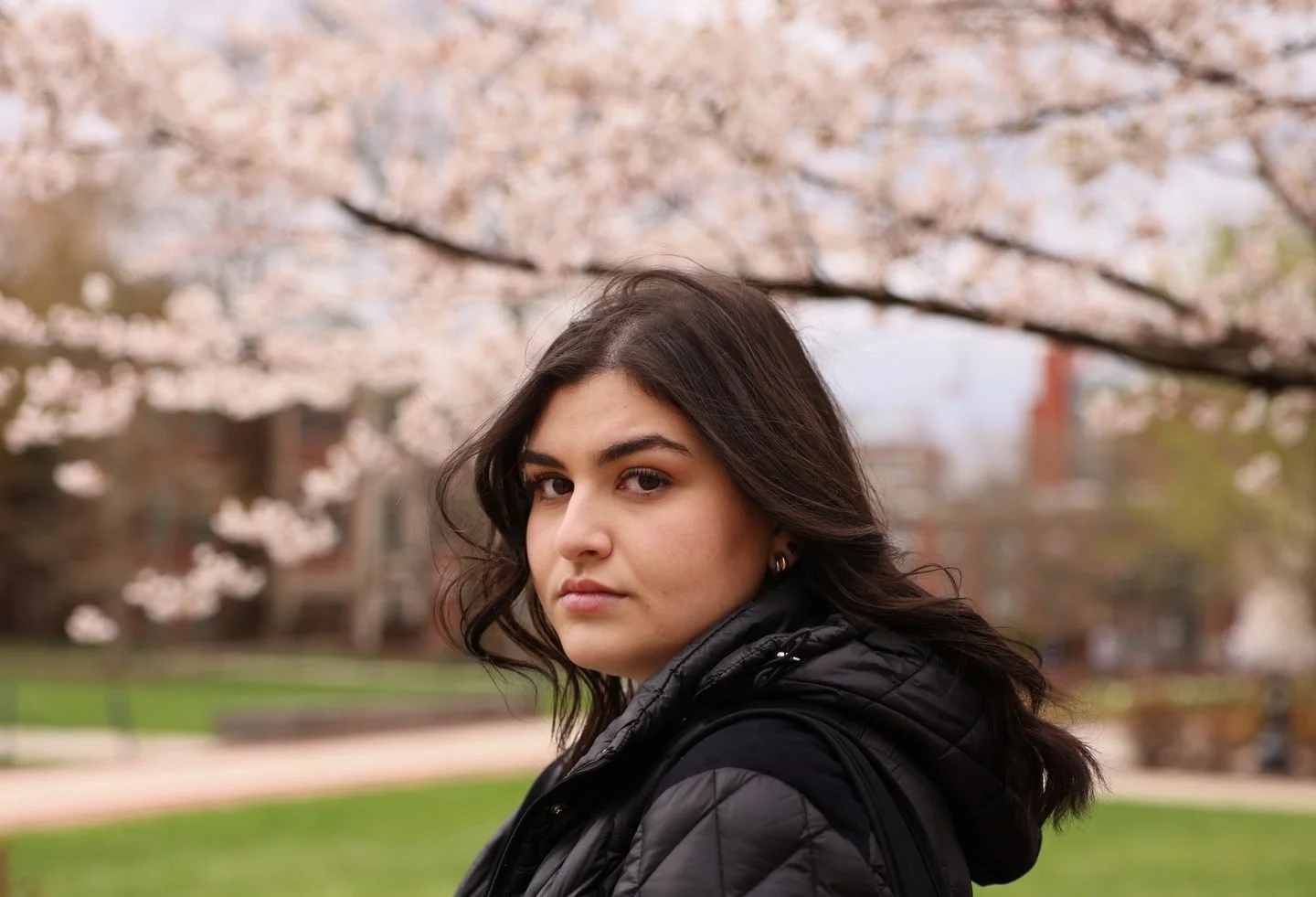(Photo: Jessica Rinaldi/Globe Staff)
By Mike Damiano - May 14, 2022
On the afternoon of Feb. 28, when it seemed like her life was falling apart, Natalie Shclover, a senior at the University of Connecticut, scrolled through the dozens of messages that were being posted about her online. One in particular stood out: “This should be a warning for all of the dirty zionists on this campus.”
The message was posted anonymously on YikYak, a social media network popular on college campuses, and was part of a wave of online invective that had been building around her since the early afternoon. That’s when Shclover and her boyfriend had an argument tangentially related to the Israel-Palestine conflict with four other students at a campus library. After one of the four students recorded a snippet of the exchange, several of them posted it on their social media accounts, alongside captions accusing Shclover, who is Jewish, and her boyfriend of Islamophobic harassment. (The four students, as well as Shclover’s boyfriend, are Muslim.)
The video did not seem to support the accusation. It showed Shclover arguing briefly and then turning around. As she walked away, one of the four students shouted expletives at her, including “[expletive] Zionist.”
But the substance didn’t matter. The video spread throughout campus in minutes. Then came the threats, the public denunciations, the posting of her address online, the ejection from her a cappella club, anonymous outreach to her future employer, and an article in the campus newspaper that reported the accusation as fact without so much as a comment from Shclover.
Read More: Boston Globe

